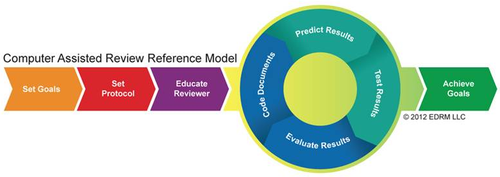According to IDC, Big Data is Only Getting Bigger – eDiscovery Trends
According to IDC, Big Data is Only Getting Bigger – eDiscovery Trends https://cloudnine.com/wp-content/themes/cloudnine/images/empty/thumbnail.jpg 150 150 CloudNine https://cloudnine.com/wp-content/themes/cloudnine/images/empty/thumbnail.jpg
According to the International Data Corporation (IDC), big data is only getting bigger. In the publication IDC iView “Big Data, Bigger Digital Shadows, and Biggest Growth in the Far East,” (sponsored by EMC), the “digital universe” is growing even faster than we thought.
read more






